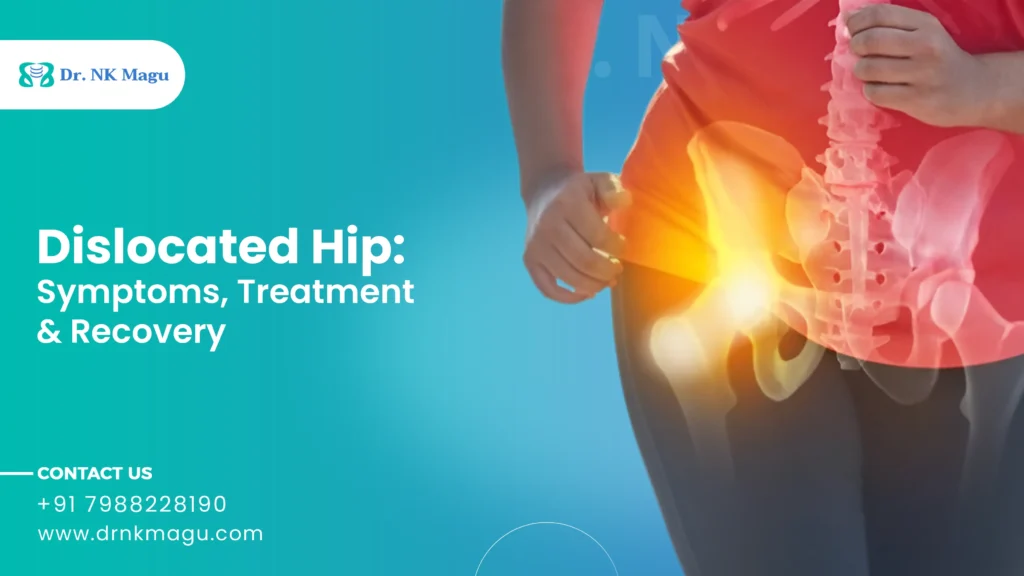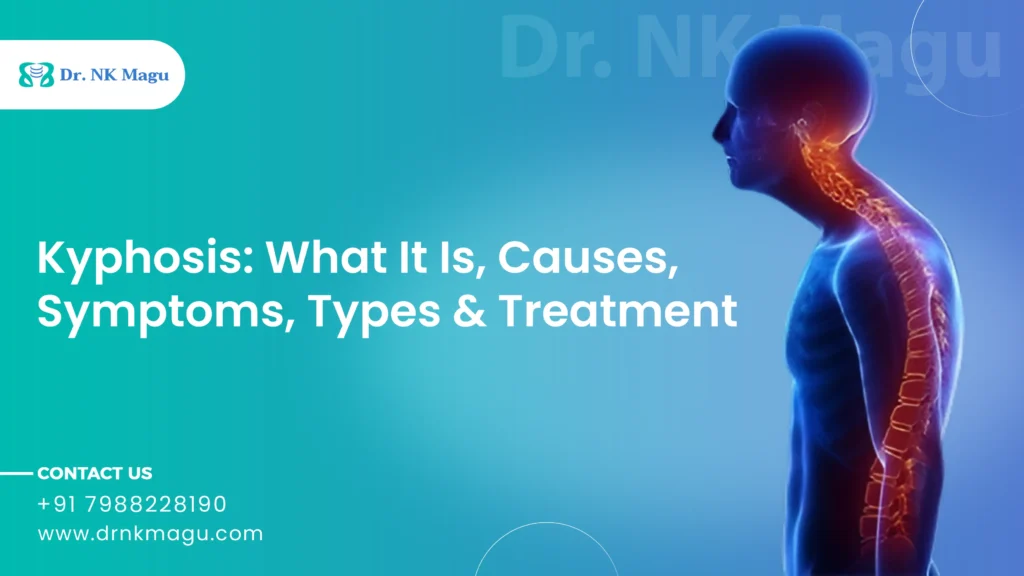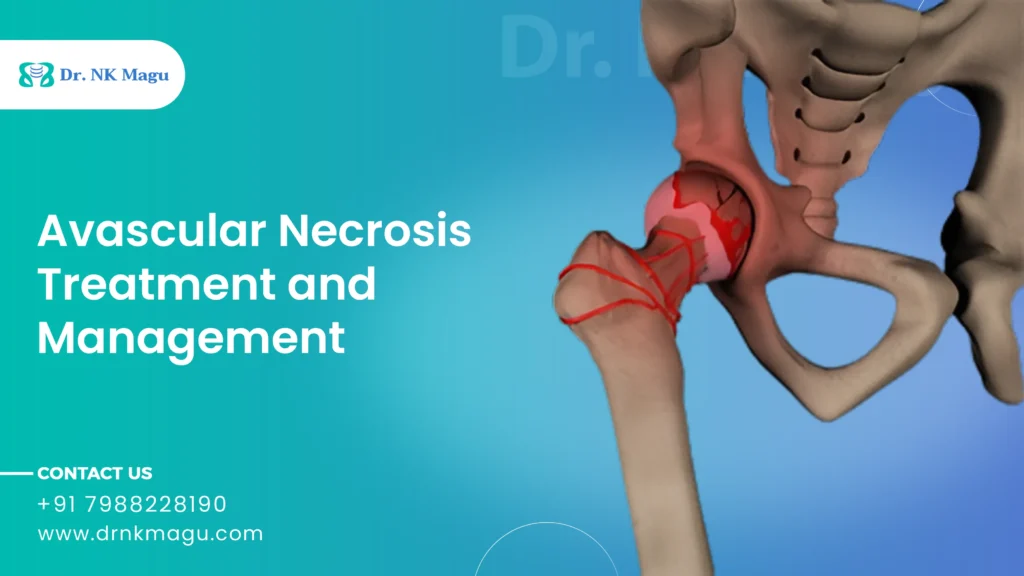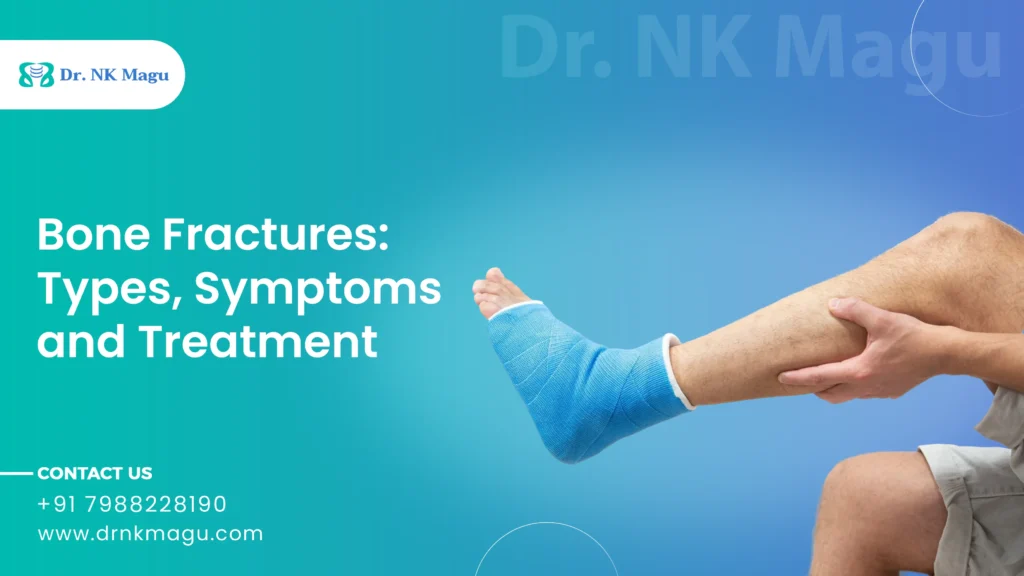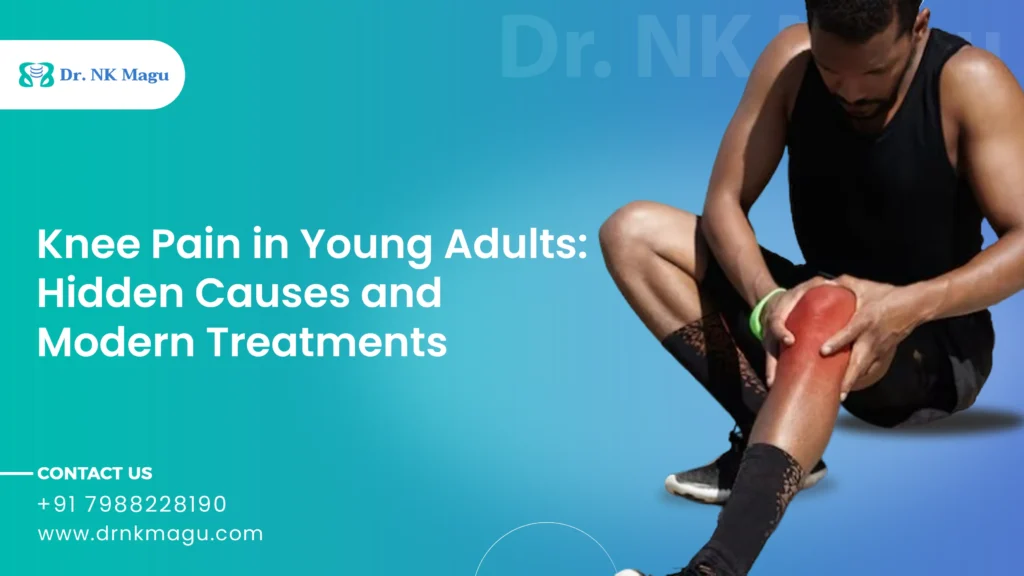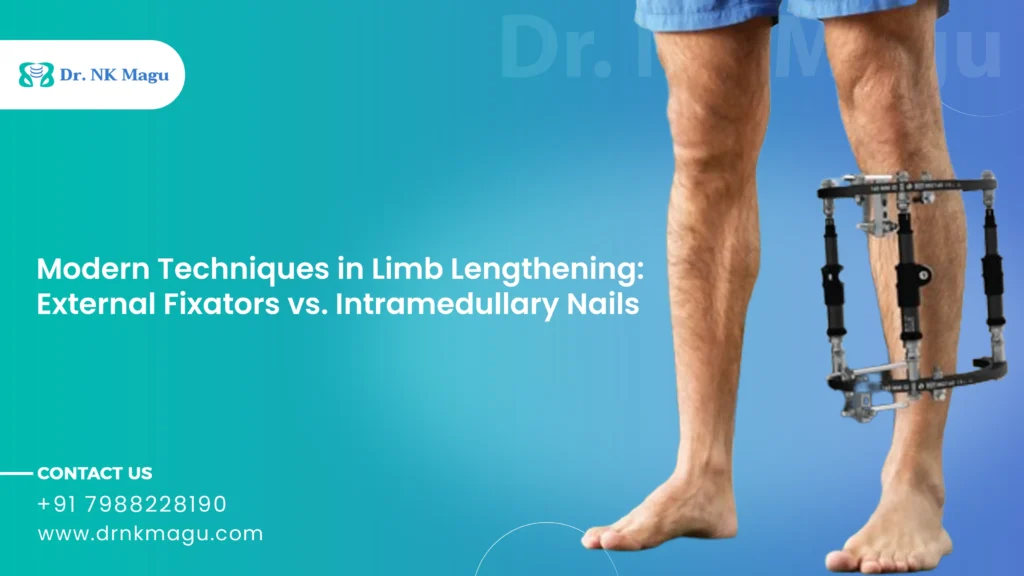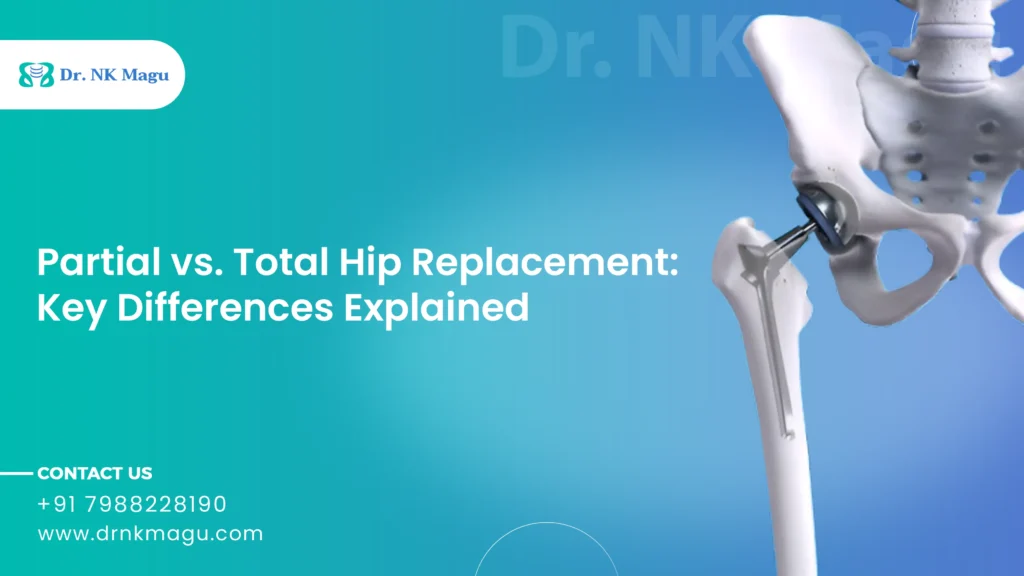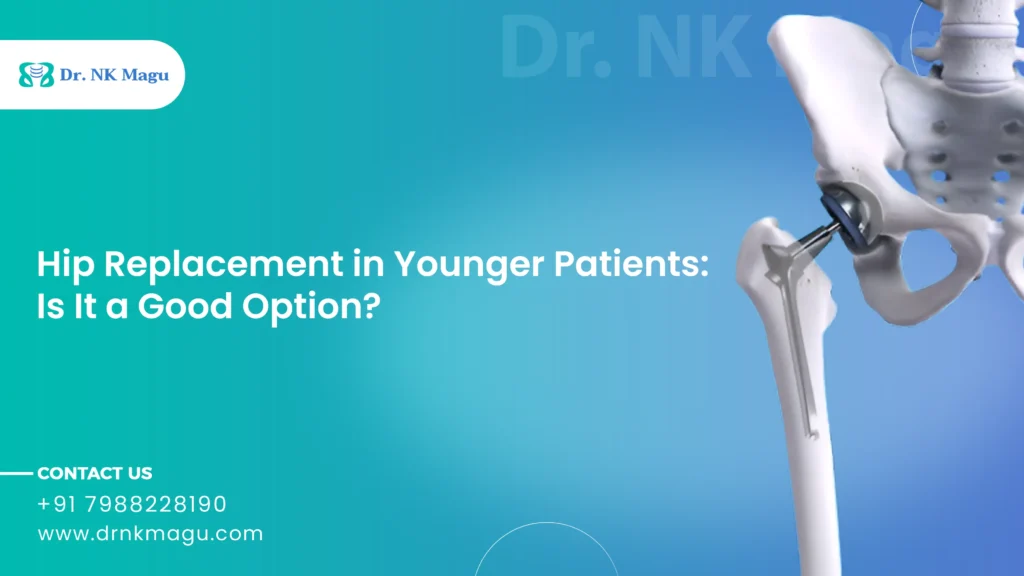Did you know that over 1 million hip replacements are performed annually worldwide for dislocated hips?
Hip dislocation occurs when the head of the femur pops out of its socket in the pelvis. It is a serious condition that occurs from a significant traumatic injury. A dislocated hip leads to intense pain, limited mobility, and visible deformity of the leg. It requires immediate medical attention to reduce long-term complications like nerve damage.
It can occur at any stage, but the causes and risk factors vary by age group.
In this blog, we’ll understand about a dislocated hip, its symptoms, causes, treatment options, and recovery process. Let’s start!
What is a Hip Dislocation?
Hip dislocation is a painful condition in which the ball joint of the hip comes out of the socket. A dislocated hip can sometimes occur as a result of hip dysplasia, a developmental condition where the hip joint is not properly formed, leading to dislocation.
Hip dislocation is classified as:
- Posterior Dislocation: It occurs when the ball joint of the hip is forced backward out of the socket. It is the most common type, accounting for 90% of the cases.
- Anterior Dislocation: It occurs when the ball joint of the hip is moved forward out of the socket. It is less common and happens due to hyperextension or forceful injury.
Causes
Common causes of hip dislocation include:
- High-impact accidents
- Sports injuries due to football or rugby
- Fall from a ladder, staircase, or height
- Hip dysplasia
- People who have had a hip replacement
Symptoms of a Dislocated Hip
There are various symptoms of a dislocated hip:
- Severe Hip Pain: It is the most common symptom, resulting in intense discomfort or restricted mobility
- Inability to Move: Due to joint misalignment and severe pain, one can not move the leg or hip, or bear the pain
- Swelling or Bruising: Due to soft tissue damage and inflammation, swelling or bruising occurs around the hip
- Visible Deformity: A dislocated hip may result in one of the legs appearing shorter or twisted
- Numbness or Weakness: If nerves are compressed, it can cause numbness or tingling in the hip region
Diagnosis
The following are the diagnostic tests for hip dislocation:
- Physical Examination: The healthcare professional will physically examine the hip joint to check mobility, pain, sensation, and alignment
- X-rays: To see the position of the bone and look for any fractures
- CT Scan or MRI: Used in complex cases to capture detailed images of the hip joint and assess soft tissue damage
Immediate diagnosis is vital to prevent complications such as avascular necrosis, in which the blood supply to the femoral head is disrupted.
Treatment Options for Hip Dislocation
Hip dislocation requires immediate care to avoid permanent complications. Treatment options include:
Reduction
It is performed under anesthesia or sedation. The doctor will physically move the joint back into place to correct the dislocated hip. It is most effective when done within 6 hours of injury. If there are no secondary injuries, the correction can be done externally, known as closed reduction.
Surgery
Closed reductions are generally successful, but if the procedure doesn’t work, the surgeon will perform open reduction and internal fixation surgery. In this procedure, the surgeon will remove any excess tissues or bone fragments and re-position the bones. In severe cases, it may involve plates, screws, or bone grafts. Surgery aims to restore the stability of the hip and reduce the risk of future dislocations.
Recovery
Your hip will take 2-3 months to heal after the dislocation. If the person has other injuries, such as fractures, the healing may take even longer. For the first week or two, the patient needs crutches to walk without any discomfort.
Specific instructions are given for what exercises a person can do or what they can avoid. Regular physical therapy is vital to restore strength, mobility, and function. Skipping rehabilitation can lead to chronic pain, stiffness, or instability.
Complications
If a dislocated hip is not treated promptly, it can lead to:
- Avascular necrosis
- Arthritis
- Nerve injury
- Joint stiffness or limited range of motion
- Recurrent dislocations
Regular follow-ups with the healthcare professional can help detect early signs of complications.
How to Prevent Hip Dislocation?
You can prevent hip dislocation by taking the following precautions:
- Always wear seatbelts in the car
- Wear protective gear during sports
- Avoid strenuous activities too soon after the surgery
- Maintain a healthy weight
Also Read:- Hip Replacement Surgery Cost in India
Final Words
A dislocated hip is extremely painful and demands immediate medical attention. With proper diagnosis and timely treatment, most people expect a complete recovery. Rehabilitation and careful follow-up are also essential to restore mobility and regain a pain-free life. By staying committed to your treatment plan and following your doctor’s guidance, you can safely return to normal activities and prevent future joint issues.


